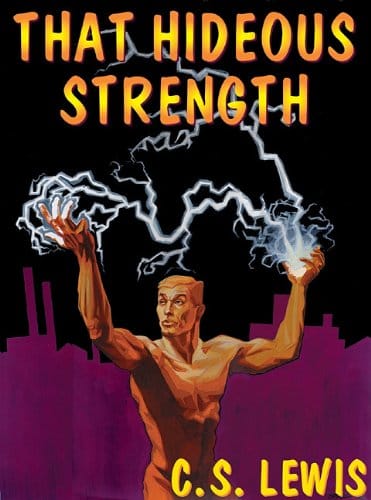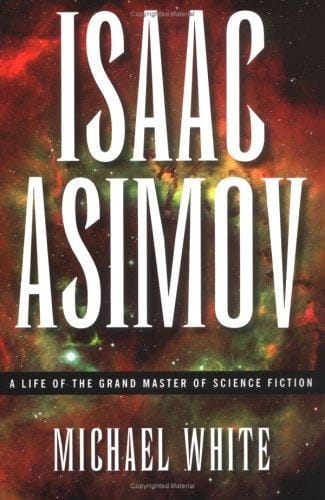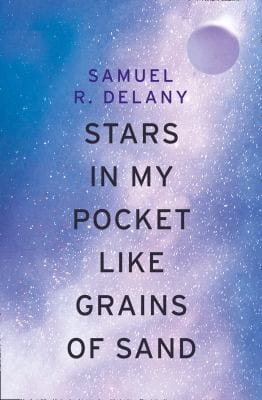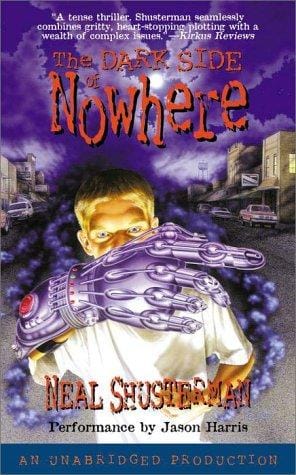Exploring “That Hideous Strength”: C.S. Lewis’s Prophetic Masterpiece
Discover why C.S. Lewis’s novel “That Hideous Strength” remains a timely exploration of power, science and human dignity more than 75 years after publication.

Introduction: Why “That Hideous Strength” Still Matters
First published in 1945, C.S. Lewis’s “That Hideous Strength” concludes his celebrated Space Trilogy, yet the novel’s action never leaves Earth. Part dystopian thriller, part fantasy and part theological treatise, the book remains startlingly relevant to twenty-first-century readers. Its portrayal of technocratic overreach, spiritual warfare and the battle for the human imagination anticipates many cultural debates that dominate headlines today. Whether you are a lover of speculative fiction or simply curious about Lewis’s thought, understanding “That Hideous Strength” offers rich insight into the tension between scientific progress and moral responsibility.
Plot Summary Without Major Spoilers
Set in the quiet English town of Edgestow, the story follows Mark and Jane Studdock, a newly married academic couple whose paths diverge dramatically. Mark, eager for professional advancement, is drawn into the National Institute of Coordinated Experiments (N.I.C.E.), a powerful organization promising to reshape society through scientific management. Jane, meanwhile, experiences troubling dreams that lead her to a small community centered around the charismatic Dr. Elwin Ransom—protagonist of the first two books, “Out of the Silent Planet” and “Perelandra.”
As the N.I.C.E. tightens its grip on Edgestow, its true agenda becomes clear: to subdue nature and humanity alike under a cold, mechanistic vision. Supernatural forces gather on both sides, revealing that the conflict is not merely political or academic but cosmic. Lewis weaves suspense with philosophical dialogue, gradually exposing each character’s allegiance and the ultimate stakes—nothing less than the soul of humankind.
Key Themes That Resonate Today
The Seduction of Power
Lewis meticulously dissects how ordinary people can be enticed by institutional prestige and intellectual fashion. Mark Studdock’s yearning to belong to the so-called “inner circle” mirrors modern concerns about corporate ladder-climbing and social-media validation. The novel warns that unchecked ambition can blind us to ethical compromise, turning collaborators into instruments of oppression.
Scientism Versus True Science
“That Hideous Strength” is often misunderstood as anti-science, yet Lewis cherished genuine scientific inquiry. His target is scientism—the belief that empirical methods alone can answer every human question. By portraying the N.I.C.E. as a cult of progress divorced from morality, Lewis anticipates contemporary debates about artificial intelligence, genetic editing and Big Data governance. The book challenges readers to insist that technological innovation remain accountable to humane values.
The Sacredness of the Human Person
Throughout the narrative, human beings are either reduced to “material” for experimentation or elevated as bearers of intrinsic dignity. Lewis’s Christian worldview grounds this dignity in the image of God, but even secular readers can appreciate the warning against dehumanization. From mass surveillance to algorithmic bias, the modern world continues to grapple with the same tension between efficiency and empathy.
Marriage and Complementarity
Mark and Jane’s strained relationship provides a microcosm of the broader cosmic conflict. Their journey toward mutual understanding illustrates Lewis’s belief in the spiritual significance of marriage: two distinct individuals called to unity without loss of identity. The evolving dynamic between husband and wife offers practical insight into communication, trust and shared purpose—timeless lessons for couples today.
Position Within the Space Trilogy
Although “That Hideous Strength” can be read as a stand-alone novel, it gains depth when viewed alongside its predecessors. “Out of the Silent Planet” introduces Ransom and the moral landscape of Lewis’s fictional cosmos, while “Perelandra” dramatizes a planetary fall and redemption. The third volume brings the cosmic battle home to Earth, revealing that humanity’s everyday choices reverberate across the universe. Fans of space opera may be surprised by the terrestrial setting, yet the thematic through-line—resistance against a bent cosmic power—remains intact.
Modern Relevance and Cultural Impact
More than seventy-five years after publication, “That Hideous Strength” continues to inspire thinkers across disciplines. Scholars of political theory cite its critique of totalitarianism, while theologians draw on its vision of angelic guardianship. The novel also influenced later dystopian works, from Madeleine L’Engle’s “A Wrinkle in Time” to contemporary series like “The Circle” or “Black Mirror.” Reading Lewis alongside these modern texts highlights the enduring power of narrative to challenge technocratic utopias.
In higher education, discussions about free speech, research ethics and institutional mission echo the book’s depiction of a university co-opted by corporate-government interests. For faith communities, the novel offers a vivid portrayal of spiritual discernment amid cultural pressures. And for the general reader, it remains a gripping story that defies genre labels.
How to Approach Your First Read
Because “That Hideous Strength” blends academic satire with supernatural fantasy, newcomers may feel disoriented at first. Here are a few tips:
1. Start with an open mind about genre; expect a hybrid narrative that shifts tones.
2. Pay attention to dialogue—Lewis often embeds philosophical insight in characters’ conversations.
3. Consider reading a synopsis of the earlier books, though it is not mandatory.
4. Keep a journal of passages that strike you; the novel rewards reflection.
5. After finishing, discuss it with a friend or book club to unpack its layered symbolism.
Conclusion: Reading Against the Grain of Modernity
“That Hideous Strength” is not merely a period piece from the middle of the last century. It is a living work that confronts each generation with urgent questions: What is the rightful scope of human power? Can progress be severed from virtue? Where do we locate ultimate authority? By engaging both the intellect and the imagination, C.S. Lewis invites us to resist dehumanizing systems and to participate in a larger, luminous story. If you have not yet ventured into Edgestow, now is the perfect time to witness a battle that, in many ways, has only just begun.



